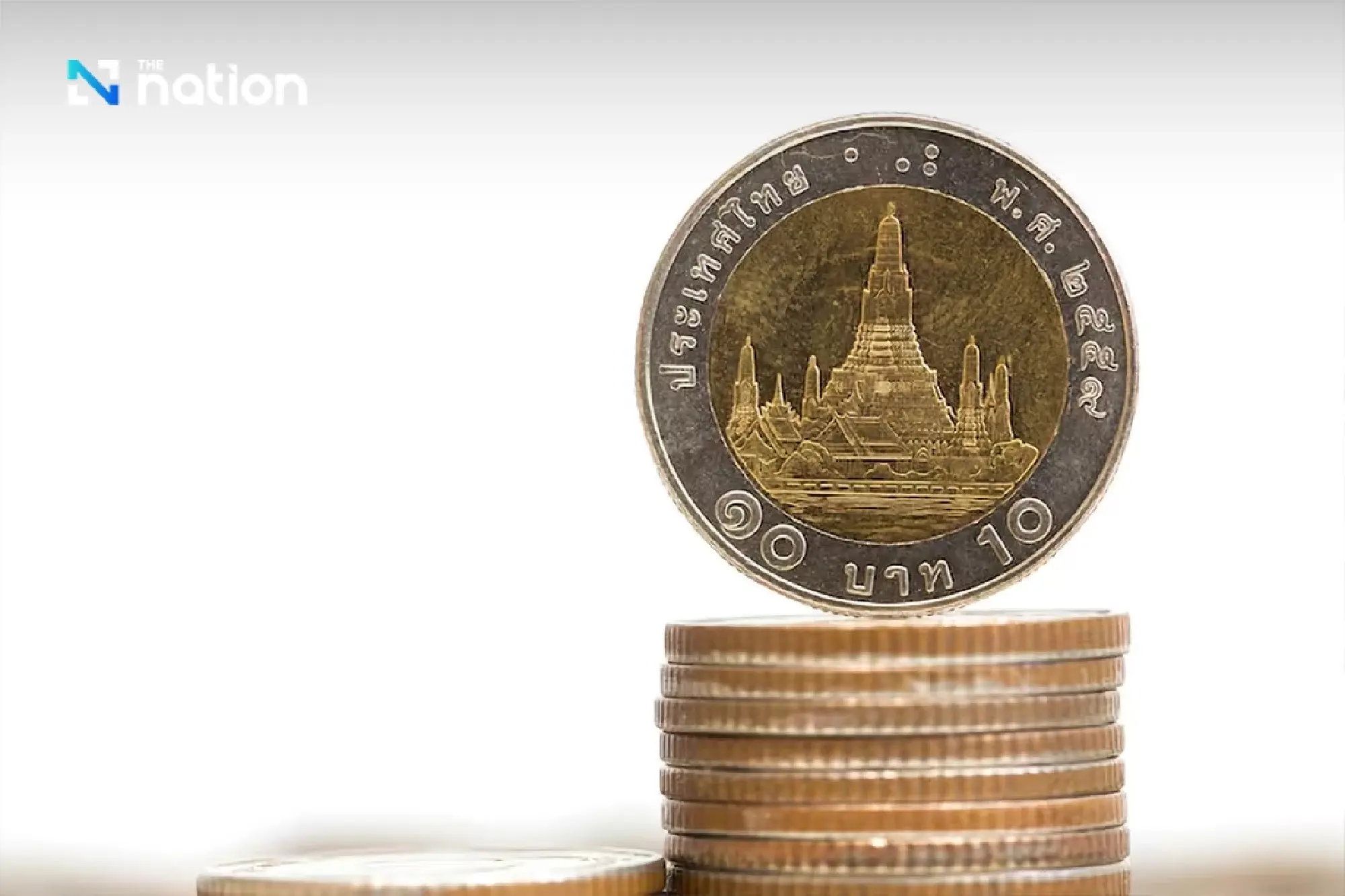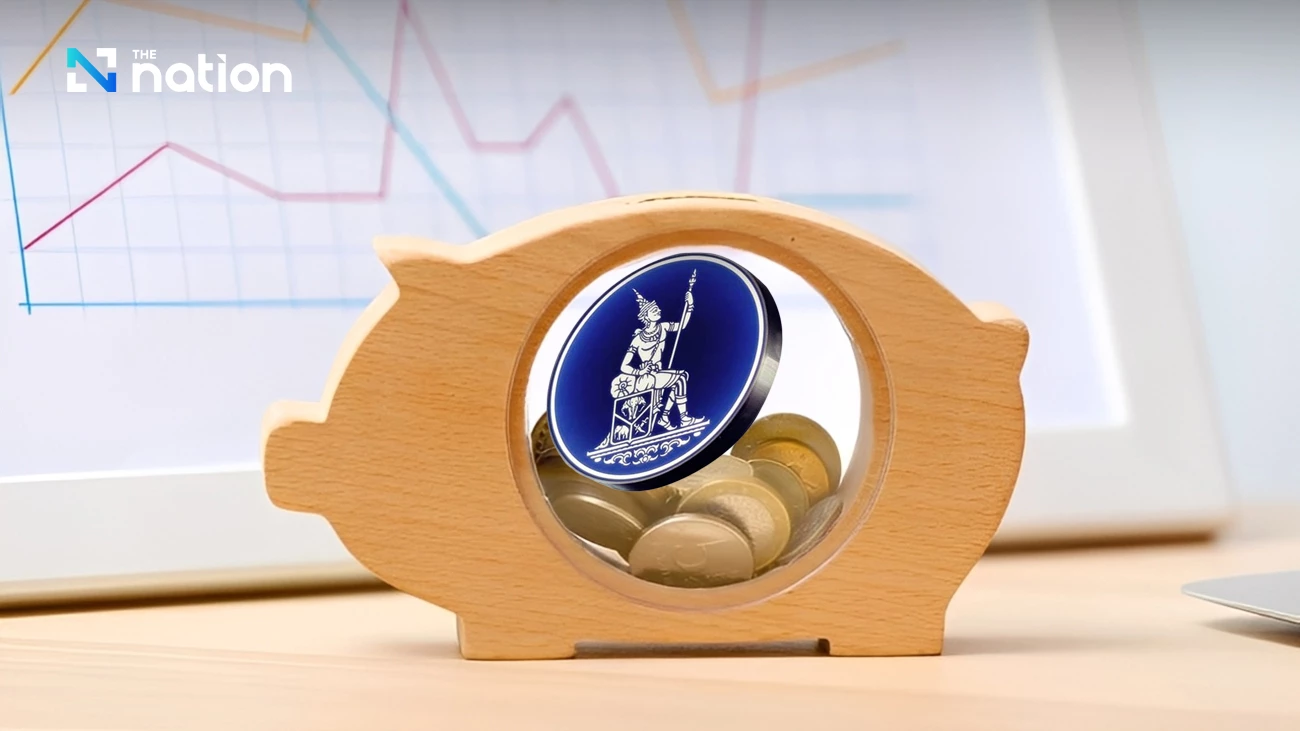
Strong reserves boost Thailand’s resilience
Thailand’s record-high foreign reserves are being viewed as a key buffer for economic stability, helping the country withstand external shocks and maintain financial market confidence.
Analysts note that reserves are more than adequate by global standards. Measured against short-term external debt, they stand at 2.7 times, highlighting Thailand’s strong repayment capacity. When compared with imports, reserves cover 9.5 months, well above international benchmarks, underlining the strength of the country’s external position.
The baht is currently trading at 32.28 per US dollar, close to its highest level this year, after appreciating 5.6% since January. While this performance places it mid-range compared with other Asian currencies, short-term forecasts suggest the baht could strengthen further to test the 32.10 level, its strongest point of 2025 to date.
Supporting factors include expectations of US Federal Reserve rate cuts, concerns about Fed independence, and the economic drag from Washington’s tariff policies, all of which are weighing on the dollar. Investors’ reduced appetite for holding the greenback has also lent momentum to regional currencies.
Despite the resilience, the baht has become more volatile. Over the past two to three years, volatility averaged just 3–5%, but has now risen to around 7–9%, reflecting increased uncertainty in global markets.
Baht gains from asset valuations and BOT intervention
Thailand’s foreign reserves have risen to successive record highs, supported by asset revaluations and the BOT’s efforts to manage the baht, according to Wachirawat Banchuen, senior financial market strategist at SCB Financial Markets.
He explained that the stronger euro had boosted the value of Thailand’s euro-denominated assets, contributing to the overall increase in reserves. At the same time, the central bank has intervened in the market to curb rapid baht appreciation, particularly when the currency strengthened to around 32.25 per US dollar, a level that has triggered heavy dollar-buying interest.
“Reserve accumulation is not just about slowing the baht’s rise but also about reducing volatility,” Wachirawat said.
Strong reserves enhance stability but raise US scrutiny risk
Analysts see both advantages and drawbacks in Thailand’s high reserve levels. On the positive side, the stockpile underscores the country’s external stability, boosting investor confidence. In the event of global risk-off sentiment, Thailand would likely face lighter capital outflows compared with less stable markets.
The country’s persistent current account surplus, supported by strong exports, has also reinforced baht strength in the third quarter.
However, Wachirawat warned that excessively high reserves could draw unwanted attention from Washington. The United States may view Thailand as manipulating its currency, raising the risk of being placed back on its monitoring list.
